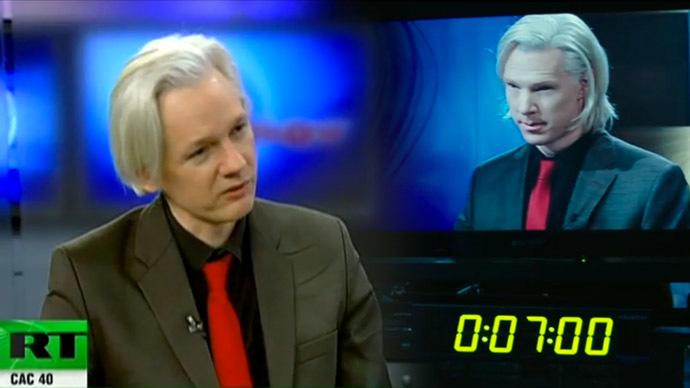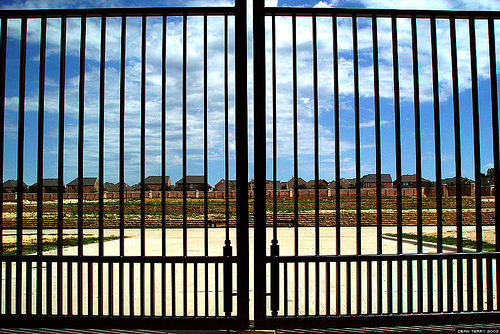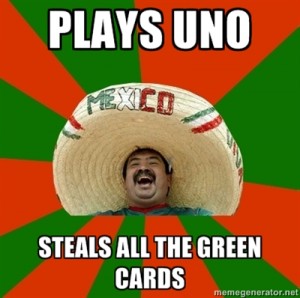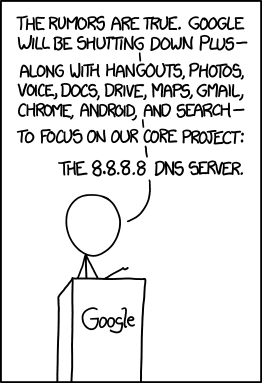Platforms exist in a fantastic way in our society. As a way of being an essential form in our society, but terrifyingly influential in the way our country works. Through the readings I came across several questions for how platforms work, and mainly my curiosity was struck with the idea that platforms could cause controversy with how powerful they are. The big four platforms especially having so much control of the market,
While platforms provide essential services to us in terms of how practical and simple they are to use. Imagining my life without Google docs or Gmail at this point is a simply horrifying idea. I can’t imagine going back to the days of AOL and AIM, they we’re simply too complicated and bulky compared to the streamlined and unified subsets of Google. Google has such power over our current society, as it is such a unified construct, which allows more people to collaborate and work together on various projects. This simple factor of having a completely unified system that is accessible anywhere there’s Internet access.
The main focus of my interest however lied within the idea of Amazon. The discussions on Amazon in class, as well as the various examples of Amazon during our readings raised questions about how useful. I came to the conclusion that Amazon, as a platform in our culture is crucial at this point. For various reasons it’s so important, including the fact that it offers cheap access to content, with quick and affordable shipping. Especially with Amazon Prime, as by offering a cheaper alternative for students with the aspect of Amazon Prime they offer students an alternative and altogether cheaper way to get textbooks, entertainment, even food! At cheaper prices, and with free shipping, to be honest my experience with it has been stellar. It has saved me money and has made my life so much easier in terms of finances. Knowing the pluses of the platform first hands lends my opinions to lean towards the fact that platforms are an important aspect of our evolving society.
With Google’s simplistic, welcoming and unified system the ability for us to collaborate and integrate more people through a virtual space is a critically important aspect to today’s online presence. While Amazon offers access to cheap, and accessible products, especially with Amazon Student, offering cheaper access to textbooks, textbook rentals, and entertainment, all with fast shipping. Platforms have been involved with multiple scandals, however they always seem to be problems with them trying to make more content available to consumers. For example Amazon’s Kindle service provided books at a cheaper price compared to their print counterparts. While this puts the publishing industry in danger there is no downside to us as consumers, as it provides the same exact content for a much cheaper price. Platforms can be problematic, especially with the danger they present as being incredibly close to being monopolies. These facts considered, the benefits of platform far outweigh the negatives, and while they should be monitored, they are an integral part of our society, as they make our lives easier.
Also Amazon Drones.






 The Fifth Estate refers to a nonphysical entity composed of bloggers, journalists, and media outlets that operate outside the mainstream media. Operating outside of what is referred to as the Fourth Estate which is the mainstream media, most commonly referring to the news media (especially print journalism). The Fifth Estate may also include political groups, corporations, or other groups outside of the mainstream in their views and function in society.
The Fifth Estate refers to a nonphysical entity composed of bloggers, journalists, and media outlets that operate outside the mainstream media. Operating outside of what is referred to as the Fourth Estate which is the mainstream media, most commonly referring to the news media (especially print journalism). The Fifth Estate may also include political groups, corporations, or other groups outside of the mainstream in their views and function in society.






 New media can counter monopolies and bring down corporations. But as we’ve seen, new media is a fertile ground for new companies and corporations, both of which could be just as bad, or worse, than their predecessors. Google is scary. At all times. It’s a bit like the supervolcano under Yellowstone National Park. We know that someday it will blow and change the world as we know it. We just don’t know when. It could be today. It could be tomorrow.
New media can counter monopolies and bring down corporations. But as we’ve seen, new media is a fertile ground for new companies and corporations, both of which could be just as bad, or worse, than their predecessors. Google is scary. At all times. It’s a bit like the supervolcano under Yellowstone National Park. We know that someday it will blow and change the world as we know it. We just don’t know when. It could be today. It could be tomorrow.






